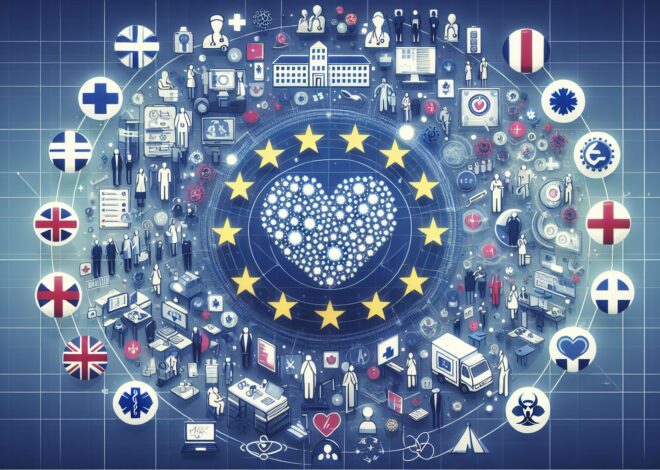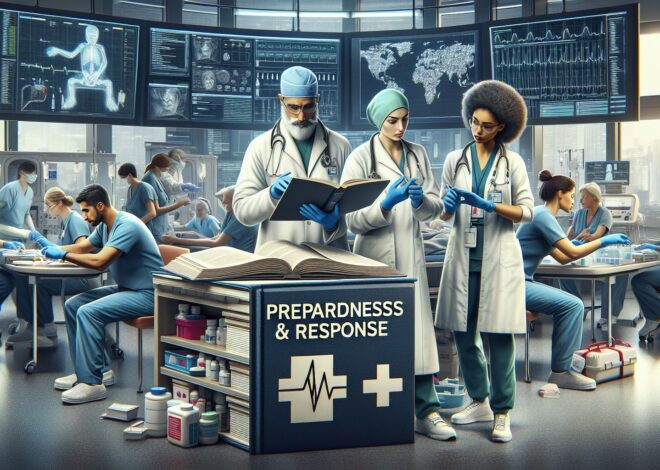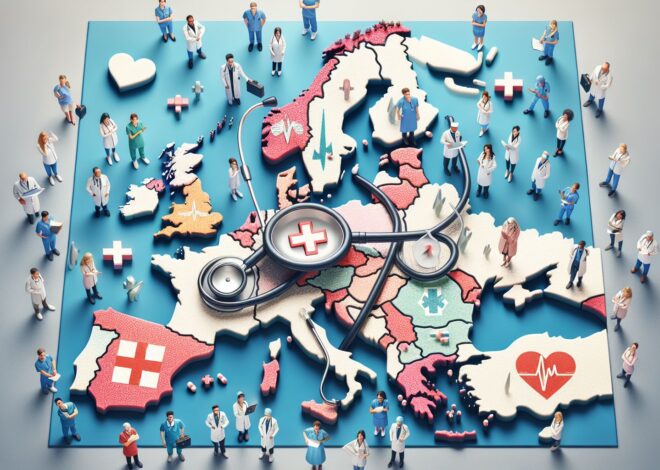
The Preparedness and Response of European Health Systems
As the world continues to grapple with the unprecedented challenges brought on by the COVID-19 pandemic, the spotlight is shining brightly on European health systems. The preparedness and response of these health systems have been put to the ultimate test, and the results have been mixed. In this article, we will examine how health professionals, policymakers, and concerned citizens can work together to strengthen the resilience of European health systems in the face of future health crises.
Preparedness
Preparedness is at the core of any effective response to a health crisis. European health systems must ensure that they are equipped with the necessary resources, infrastructure, and personnel to effectively handle a surge in patients. This includes having adequate supplies of personal protective equipment (PPE), ventilators, and hospital beds. Moreover, health professionals must be adequately trained to respond to a rapidly evolving situation.
In recent years, European health systems have made strides in improving their preparedness for health emergencies. The establishment of the European Centre for Disease Prevention and Control (ECDC) has helped coordinate efforts across countries and ensure a unified response to infectious diseases. However, gaps still exist in the preparedness of some nations, highlighting the need for greater collaboration and sharing of resources.
Response
The response of European health systems to the COVID-19 pandemic has been a mixed bag. Some countries, such as Germany and Denmark, were quick to implement robust testing and contact tracing strategies, which helped curb the spread of the virus. Others, however, struggled to cope with the influx of sick patients, leading to overwhelmed hospitals and a high mortality rate.
One of the key lessons learned from the pandemic is the importance of flexibility and adaptability in responding to a health crisis. European health systems must be able to quickly adjust their strategies in response to changing circumstances, such as new variants of the virus or a sudden increase in cases. This requires strong leadership, effective communication, and a willingness to learn from past mistakes.
The Role of Health Professionals
Health professionals are on the front lines of any health crisis, and their expertise and dedication are invaluable in ensuring an effective response. European health systems must prioritize the well-being of healthcare workers, providing them with the necessary support and resources to carry out their duties safely. This includes regular testing, access to mental health services, and adequate rest periods to prevent burnout.
Moreover, health professionals play a crucial role in educating the public about preventive measures, such as wearing masks, practicing social distancing, and getting vaccinated. By leveraging their trust and expertise, healthcare workers can help dispel misinformation and encourage uptake of crucial public health interventions.
The Role of Policymakers
Policymakers also play a vital role in shaping the preparedness and response of European health systems. By investing in healthcare infrastructure, increasing funding for public health initiatives, and implementing evidence-based policies, policymakers can help strengthen the resilience of the system. Moreover, policymakers must prioritize equity in healthcare delivery, ensuring that vulnerable populations have equal access to care.
In conclusion, the COVID-19 pandemic has highlighted both the strengths and weaknesses of European health systems. While progress has been made in improving preparedness and response capabilities, there is still much work to be done. By working together, health professionals, policymakers, and concerned citizens can help build a more resilient and effective healthcare system that is better equipped to handle future health crises.



